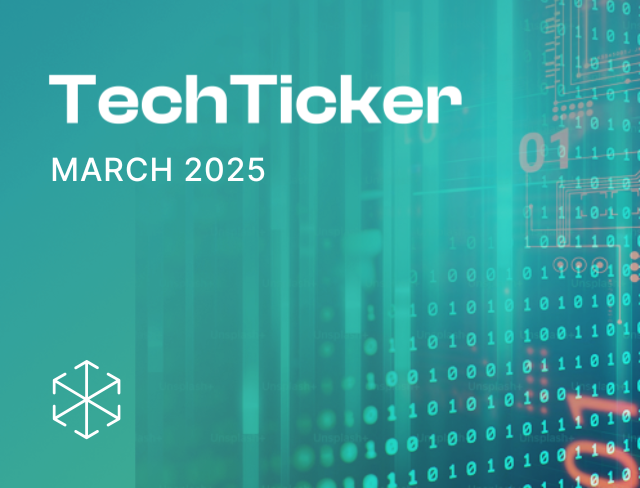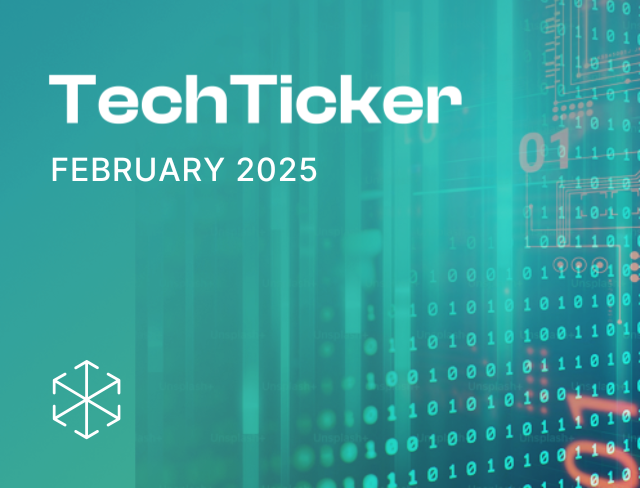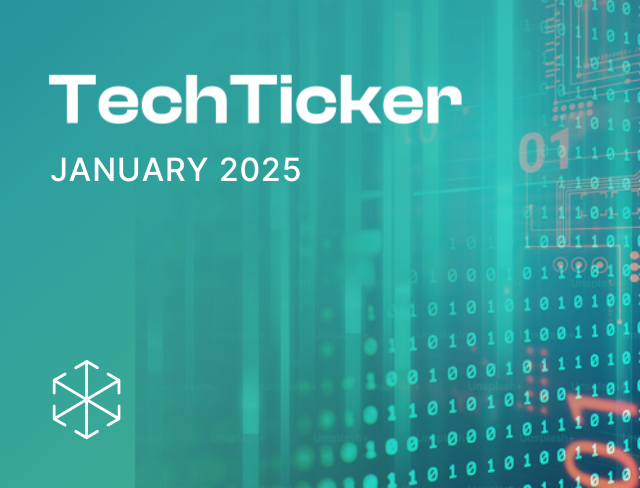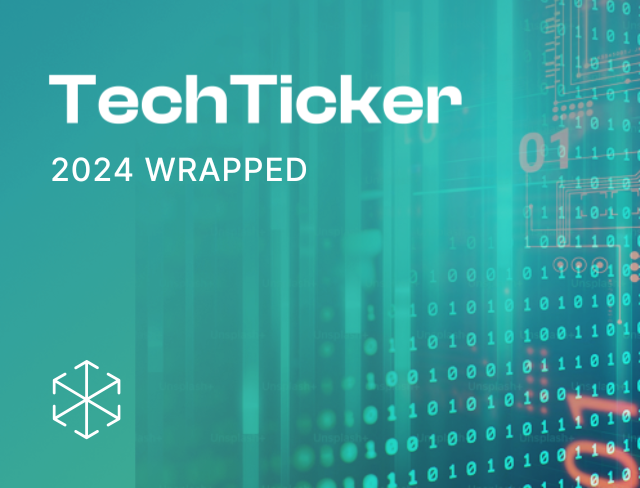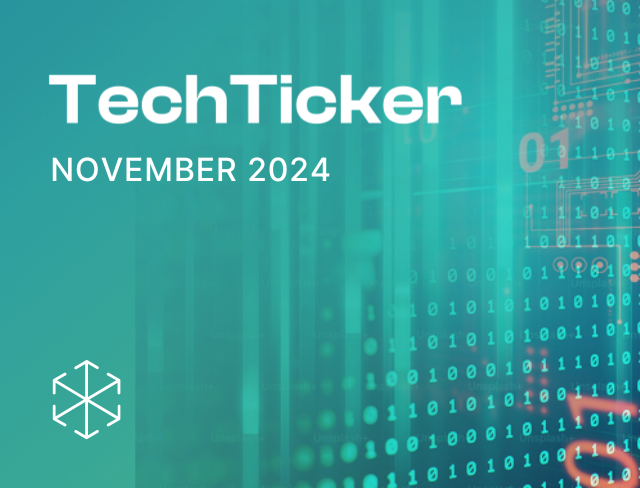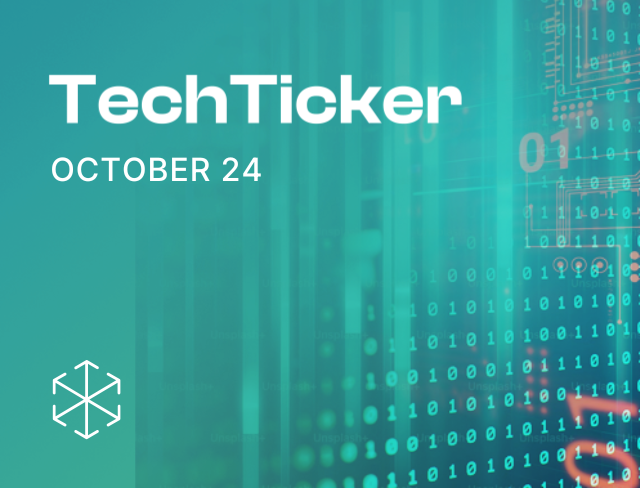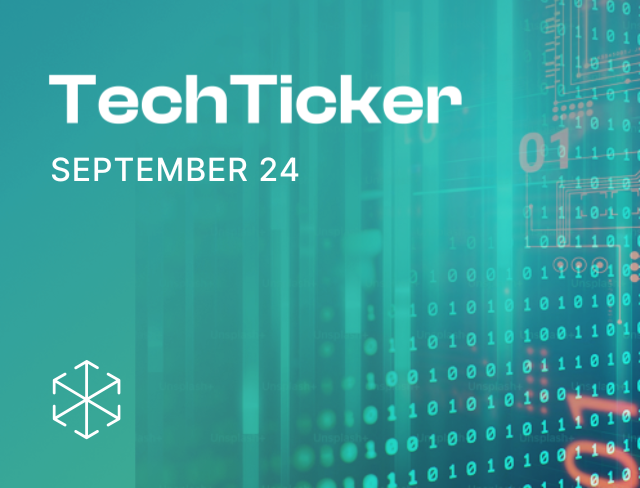Hi there! This month’s Tech Ticker brings you the buzz from Parliament, the proposed amendments to the IT Act, NPCI’s e-RUPI and then some. Let’s get ticking!
Parliament watch
Loktantrik Janata Dal MP, Mr. MV Shreyams Kumar and Communist Party of India MP, Mr. Binoy Viswam moved motions to annul the Information Technology (Intermediary Guidelines and Digital Media Ethics Code) Rules, 2021 (IT Rules) in the recently concluded monsoon session of Parliament. Both the motions were admitted and expected to be debated and voted upon in the Rajya Sabha. The Information Technology Act, 2000 (IT Act) allows MPs to file a motion seeking annulment or modification of rules framed under the act in Parliament. But the ruling party enjoys a majority in the Lok Sabha, and has strong numbers in the Rajya Sabha, so it is unlikely that any adverse action will be taken against the IT Rules.
Also, Dr. Amar Patnaik (BJD MP) questioned if the government had identified Significant Social Media Intermediaries (SSMI) under the IT Rules. And, Mr. Rajiv Chandrasekhar, Minister of State for Electronics and IT said that the government approached a few ‘likely’ SSMIs including Facebook, LinkedIn, Twitter, WhatsApp, and more. In May 2021, the Ministry of Electronics and Information Technology (MeitY) had reportedly sent letters to Apple Inc. and other SSMIs seeking their compliance status under the IT Rules. The letter sent to Apple was later withdrawn. Why? A government official said that Apple’s iMessage would not be considered a ‘social media intermediary’ as it was not “primarily or solely” an instant messaging service for enabling interaction between two or more users. Based on the number of users, Apple’s iMessage was initially deemed to be an SSMI (a social media intermediary with more than 50 Lakh registered users in India is an SSMI). The official extended this logic to gaming and food delivery apps and said that these platforms provided an option to chat, but they would not be considered as social media intermediaries.
Meanwhile, on the question of possible amendments to the IT Act in Parliament, the Minister of State for IT said that the government has initiated identifying gaps in the current IT Act, but the extent of changes required has not been worked out yet. In 2020, the MeitY had stated its intent to ‘revamp’ the IT Act with a focus on stronger framework to deal with cybercrimes. The MeiTY and the Department for Promotion of Industry and Internal Trade (DPIIT) approached ministries, regulators, security agencies and industry associations for their inputs. At the time, reports indicated that the focus was to align the IT Act with the Personal Data Protection Bill (PDP Bill) and regulating AI and cryptocurrencies. Read tech related questions raised in Parliament session, key reports released by the Standing Committee on Information Technology. Find more content on Parliamentary research, here. for Promotion of Industry and Internal Trade (DPIIT) approached ministries, regulators, security agencies and industry associations for their inputs. At the time, reports indicated that the focus was to align the IT Act with the Personal Data Protection Bill (PDP Bill) and regulating AI and cryptocurrencies. Read more about tech related questions raised in Parliament, key reports released by the Standing Committee on IT, here.
Data and privacy
The Joint Parliamentary Committee (JPC) on the PDP Bill got another extension to furnish its report in Parliament. Also, Mr. P.P. Chaudhary replaced Ms. Meenakshi Lekhi to become JPC’s new chairperson. And, Lok Sabha MPs Mr. Dayanidhi Maran, Mr. Satyapal Singh and Ms. Aparajita Sarangi were appointed in place of other members who had to leave the JPC after the cabinet reshuffle. New appointees come from the same political parties as the outgoing members, so it is unlikely that there will be any change in the positions of these members regarding the JPC report.
Digital media, online content and intermediary liability
In response to pleas filed against the IT Rules, the Bombay High Court partially stayed the operation of the Code of Ethics which pertains to digital news and streaming platforms in the interim. The High Court found that the IT Rules violated the freedom of speech and expression and had no basis in the IT Act. Previously, the Kerala High Court passed orders in favor of LiveLaw and the National Broadcasters Association restraining the government from taking any coercive action against them. Meanwhile, the government filed a petition to transfer all the petitions pending across various High Courts on the IT Rules to the Supreme Court of India. Reports also suggest that the government may be considering a super legislation for traditional, electronic, digital media and OTT.
In other news, Twitter appointed necessary officers as an SSMI, after which the government affirmed that Twitter was compliant with the IT Rules. Twitter’s non-compliance was contested before the Delhi High Court. In June 2021, the government gave Twitter ‘one last chance’ to adhere to the IT Rules. Fresh reports indicate that the newly appointed Union Minister for IT, Mr. Ashwini Vaishnaw, wants to work on solutions “towards ensuring compliance rather than sending angry notices”.
E-commerce and consumer affairs
A few industry bodies urged the Ministry of Consumer Affairs (MoCA) to delete clauses that prohibited flash sales and sought to include related parties and service providers for fulfilment as e-commerce entities from the proposed amendments to the Consumer Protection (E-Commerce) Rules 2020 (Draft Rules). Meanwhile, brick and mortar traders’ associations said that the government should set up an enforcement mechanism under the Draft Rules to identify defaulter e-commerce entities. The Draft Rules were released for feedback in June 2021 and reports suggest that the government may notify them by the end of August 2021.
Meanwhile, the Minister of Commerce and Industry Mr. Piyush Goyal addressed the traders’ community and encouraged them to shed light on instances of violations in law to the government. He also assured them of the government’s support and informed them of its efforts to simplify legal metrology and create a single window online system to stop harassment of traders.
Also, Mr. Goyal discussed the Open Network for Digital Commerce (ONDC) project of the Ministry of Commerce and Industry with the advisory council set up for its adoption and design. He suggested the guidelines, infrastructure, size, ethics and principles for the ONDC and indicated that data privacy on the ONDC must be ensured. ONDC aims to‘democratise digital commerce’ and promote an open network over a platform centric model. Prime Minister Narendra Modi also endorsed the government’s plans to build an e-commerce platform to market the products of local digital entrepreneurs in India and abroad.
Gaming
The Madras High Court struck down the Tamil Nadu Gaming and Police Laws (Amendment) Act, 2021 which imposed a ban on playing rummy and poker on cyberspace with stakes, for violating the fundamental right to practice any trade or profession. But it granted state government the liberty to pass another law without any constitutional gaps. The Court said that only card games including rummy and poker are games of skill and only such restrictions which do not completely blunt a persons’ right to make a living out of their skills in such games may be allowed. Online games of skill played for stakes including real money which were previously banned can now be offered within Tamil Nadu. Albeit a day after the judgement, S. Reghupathy, the Law Minister of Tamil Nadu, said that the government will come up with a fresh law to ban online rummy in the state. We have summarised the judgment and discussed its implications, here. Read our take on all things gaming, here.
In other news, the Karnataka High Court overturned an order which said that horse racing clubs are liable to pay GST on the commission earned from the bets made, and not on the entire face value of the bet or amount paid into the totalizer.
Fin-tech
PM Narendra Modi launched the National Payments Corporation of India’s (NPCI) e-RUPI, a pre-paid voucher-based payments system to promote cashless transactions. A beneficiary can receive e-RUPI on her phone in the form of a QR code or SMS, and does not need a bank account to use it. It is purpose and person specific. The NPCI has collaborated with 11 banks including Axis Bank, HDFC Bank, ICICI Bank, among others for e-RUPI transactions. The official press release on e-RUPI clarified that this voucher-based payment solution should not be confused with the digital currency that the Reserve Bank of India is contemplating. Experts argue that e-RUPI could be the first step towards the adoption of a centrally backed digital currency.
For a round-up of developments in the fintech space, subscribe to our new monthly newsletter- FinTales! Read past issues here, and subscribe by emailing contact@ikigailaw.com with the subject “FinTales”.
That’s it from us. We’d love to hear from you. Tell us what you think about the developments we covered. Or if you’d like us to cover another development. Write to us at contact@ikigailaw.com.

